The stories we’re told about climate change don’t always match what’s really going on.

Depending on who you ask, global warming is either a manufactured hoax, a natural cycle, or the apocalypse itself. The noise is deafening—and that’s not by accident. For decades, powerful industries have pumped out spin, creating just enough confusion to keep people arguing instead of acting. What looks like a debate is often a distraction.
It’s not just about whether the planet’s heating up. It’s about who gets blamed, who gets ignored, and who keeps profiting while the rest of us stay overwhelmed. Climate change isn’t a simple science story—it’s a layered one full of manipulation, selective outrage, and some very carefully chosen lies. And some of the biggest ones? They sound like common sense. If you’ve ever rolled your eyes at climate headlines or felt like something wasn’t adding up, here’s what you’re probably not being told.
1. The media didn’t invent climate change—but oil companies paid to make you think it did.

Long before the headlines screamed “climate crisis,” oil executives already knew what their product was doing to the planet. Alice McCarthy, writing for the Harvard Gazette, reported that in the 1970s, Exxon scientists accurately predicted the pace and consequences of global warming caused by fossil fuel use. Their response? Bury the findings and launch a multi-million-dollar misinformation campaign.
Instead of cutting emissions, Big Oil cut checks—to lobbyists, PR firms, and think tanks tasked with muddying the waters. They didn’t need to disprove the science. They just had to make it sound debatable. That strategy worked. For decades, the media amplified “both sides” of a problem with only one factual answer. The goal was never truth—it was delay. And it bought them billions in the process.
2. “The free market will fix it” was a stalling tactic, not a solution.
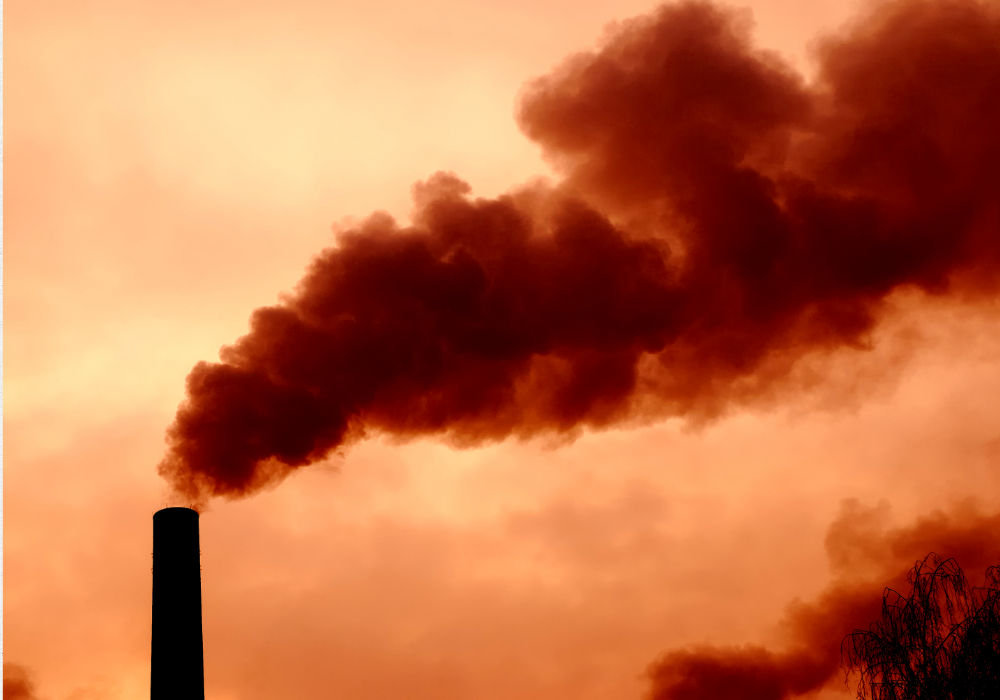
You’ve been told innovation will save us. That the invisible hand of the market will eventually point toward a clean energy future—no need for regulation, no need for urgency. This narrative mirrors strategies employed by fossil fuel companies to obstruct climate action, as detailed in a report by the Center for American Progress.
Markets don’t solve crises unless they’re forced to. The oil industry didn’t pivot to clean energy—they doubled down on drilling while pretending to care about emissions. The idea that capitalism, without any oversight, would magically course-correct climate collapse is fantasy. It’s also deeply convenient for polluters who want to keep operating without interference. What they call “freedom,” the rest of us experience as environmental fallout.
3. Carbon footprints weren’t invented to help you—they were designed to distract you.

The term “carbon footprint” didn’t come from environmentalists—it came from BP. Rebecca Solnit writes in The Guardian that BP introduced and promoted the concept in the early 2000s as part of a marketing campaign designed to shift responsibility for the climate crisis onto individuals. The oil giant launched a massive campaign in the early 2000s to promote the idea that individuals were responsible for the climate crisis.
It worked. People started tracking every choice—flights, meals, water use—while oil companies kept expanding operations without consequence. The carbon footprint calculator became a guilt machine, making you feel like the problem was your lifestyle, not the system. It’s not that your actions don’t matter. It’s that they were never the whole picture. Blaming the public takes the heat off the industries doing the actual damage. The real footprint is in pipelines, not your pantry.
4. “We all contribute to climate change” hides who’s actually driving it.

Technically, yes—everyone emits something. But that framing erases scale. A handful of companies are responsible for the vast majority of global emissions. According to the Carbon Majors Report, just 100 fossil fuel producers account for over 70% of all industrial emissions since 1988.
When someone says “we’re all responsible,” they’re watering down the truth. It creates a false sense of equality that makes meaningful accountability impossible. It’s like blaming all drivers for traffic deaths while ignoring the drunk ones behind the wheel. This myth survives because it sounds inclusive—but it’s actually a shield for corporate polluters. It doesn’t matter how long your showers are if a single oil exec signs off on drilling that wipes out a rainforest.
5. “Going green” isn’t a luxury—it’s survival for the most vulnerable.

There’s a narrative that climate solutions are for the elite. Electric cars, solar panels, organic groceries—the stuff of yuppies and celebrities. But that’s not who climate change is hitting first or hardest.
Low-income communities, Indigenous groups, and climate-vulnerable nations face the worst consequences, often with the fewest resources. When the air becomes unbreathable or the floods won’t stop coming, no one’s asking what brand of oat milk you drink. Going green isn’t about status. It’s about protection. Clean water, stable food systems, and breathable air aren’t extras—they’re non-negotiables. The idea that climate action is a lifestyle choice keeps it niche. But this isn’t about aesthetics. It’s about who gets to survive.
6. Fossil fuel companies knew the science—and then spent decades gaslighting the public.
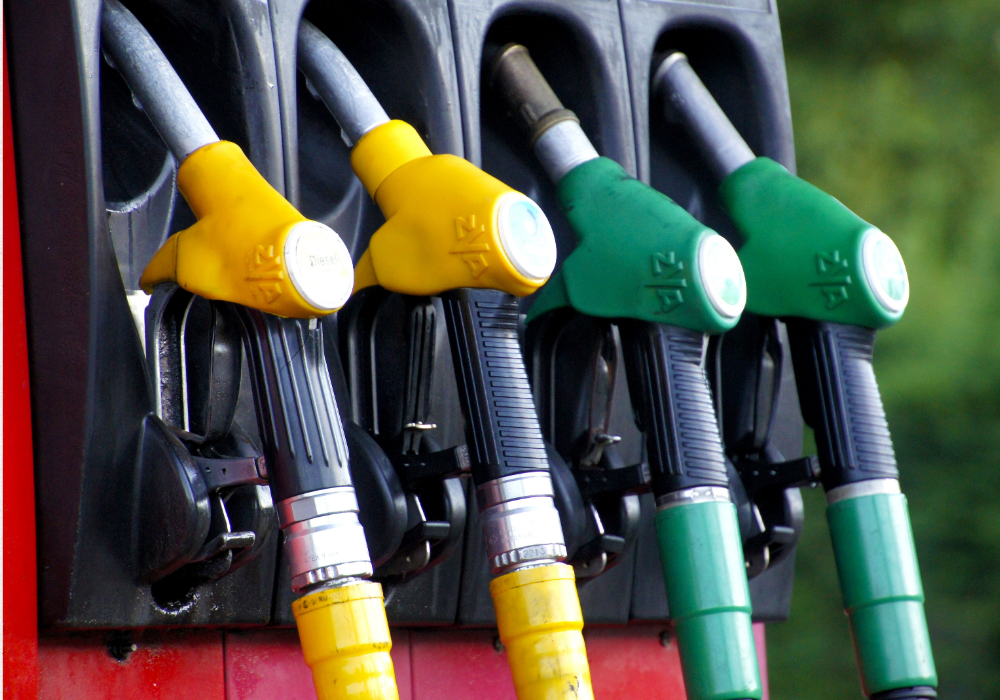
Exxon, Chevron, Shell—they all had climate scientists on payroll. They knew how greenhouse gases worked. They saw the projections. And instead of warning the world, they did what corporations do best: protect profits.
They launched denial campaigns, seeded doubt, and positioned themselves as part of the solution while quietly lobbying against every climate policy with teeth. Some even started marketing low-emission projects they had no intention of scaling. It wasn’t just negligence—it was a calculated PR war. And it left the public confused, divided, and dangerously behind. The real conspiracy isn’t that climate change is fake. It’s that the people who knew it was real chose to lie anyway.
7. Greenwashing makes people think progress is happening when it’s not.
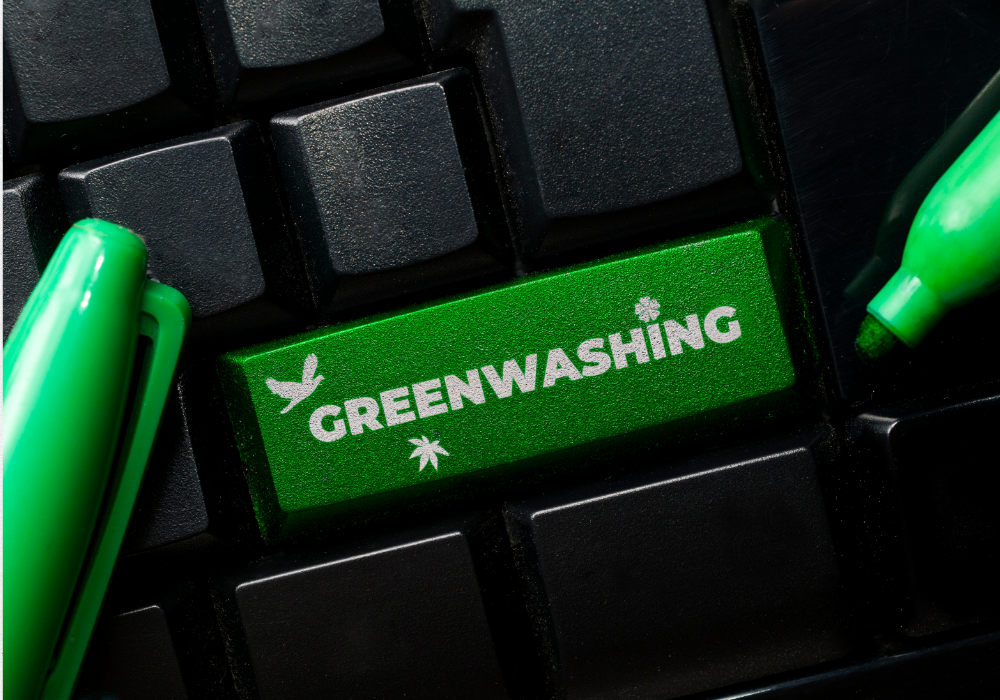
If a company slaps a leaf icon on its product or calls its plastic “eco-friendly,” it must be helping the planet, right? Not even close. Greenwashing is the art of looking sustainable without changing a thing. It keeps customers feeling good while businesses keep polluting.
Fossil fuel giants love this tactic. They’ll promote tiny investments in renewables while quietly expanding oil operations. Fast fashion brands do the same—highlighting “conscious” lines while producing millions of garments destined for landfills. These campaigns aren’t about transparency. They’re about optics. If people believe real change is underway, there’s less pressure for actual accountability. Greenwashing doesn’t just mislead—it stalls action.
8. Climate denial didn’t die—it just got smarter.
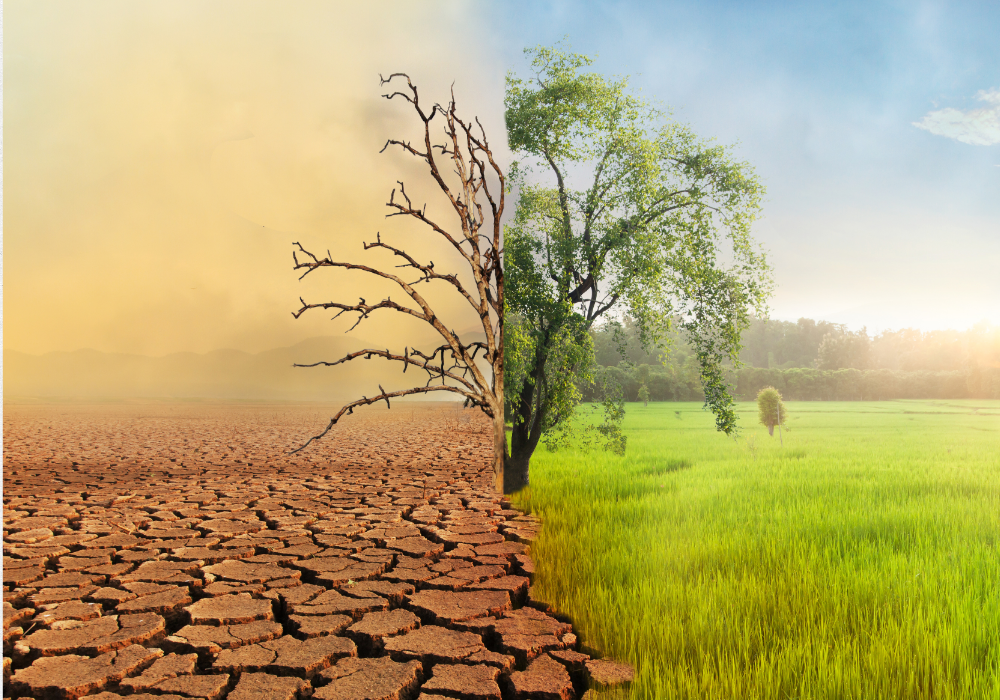
Outright denial isn’t trending anymore. The new playbook is all about looking reasonable. Acknowledge the science, then say it’s too late, too expensive, or too complicated to do anything. It’s not denial—it’s deflection. And it’s spreading faster than the old-school kind ever did.
This strategy doesn’t come with tinfoil hats. It comes with blazers and buzzwords. You’ll hear phrases like “energy balance,” “economic realism,” and “pragmatic transition.” It sounds thoughtful. But it’s designed to stall. It reframes urgency as hysteria and paints bold solutions as naive. And while the public gets tangled in debates over “feasibility,” fossil fuel companies keep expanding operations. This version of denial doesn’t challenge the facts—it just sidesteps them. And the longer it dominates the conversation, the less time we have to act.
9. Wealthy nations caused the crisis—and now they’re outsourcing the fallout.

The countries with the most historical emissions are also the ones best equipped to adapt. Meanwhile, the nations that contributed the least are already dealing with rising seas, failing crops, and unlivable heat. This isn’t a coincidence. It’s a global imbalance built on exploitation.
From colonization to carbon markets, wealthy countries have benefited from centuries of extraction—of land, labor, and now atmospheric space. And when disaster hits the Global South, those same countries offer aid with strings attached or not at all. Climate justice isn’t just about cutting emissions. It’s about facing the truth: those with the power to act are often the most comfortable doing nothing.
10. Climate disasters are creating a mental health crisis no one’s prepared for.

When floods keep coming and fire seasons never end, it doesn’t just wreck landscapes—it wrecks people’s nervous systems. From anxiety to depression to PTSD, the emotional fallout of climate change is exploding in real time. But you won’t see that on the evening news.
Survivors of repeat disasters live in a constant state of dread. Kids can’t sleep when it rains. Entire towns lose their sense of safety overnight. And while the trauma builds, support systems stay underfunded or inaccessible. The emotional cost doesn’t show up on carbon charts—but it’s reshaping lives. Climate change isn’t just killing coral reefs and glaciers. It’s unraveling our collective sense of stability, one disaster at a time.
11. Climate collapse doesn’t feel urgent until it’s personal.
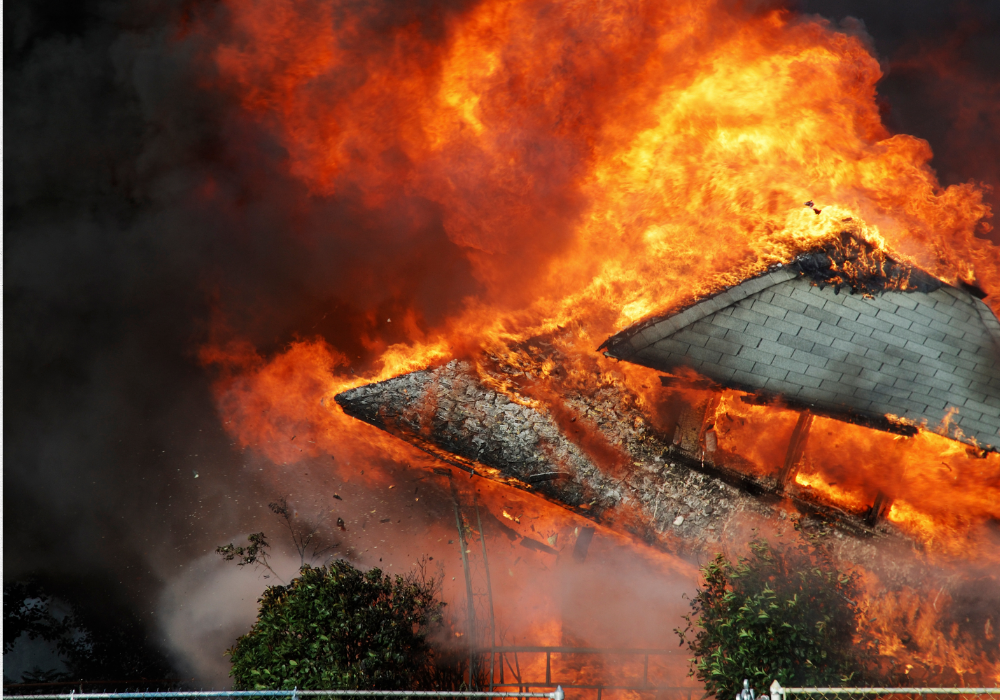
For people who haven’t lost a home to fire or watched crops wither in heat, climate change can still feel distant. That delay in urgency is exactly what oil-backed PR campaigns have counted on: if it’s not happening to you, it doesn’t feel real.
But the timeline is collapsing. Flood maps are redrawing neighborhoods. Insurance companies are pulling out of high-risk areas. Utility bills are spiking from weather extremes. What felt hypothetical five years ago is becoming unavoidable. And for many, the shift from theory to lived experience happens in a single season. By the time it’s personal, it’s often too late to prepare.
12. Politicians talk big on climate—then quietly sabotage progress.
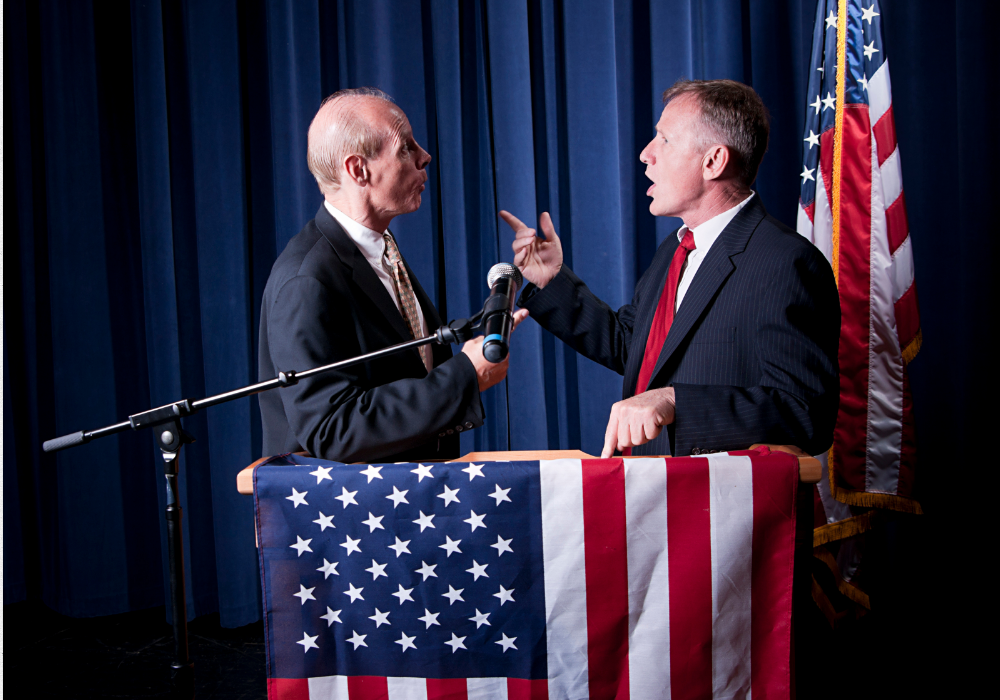
You’ve seen the speeches. The promises. The ambitious targets for 2030 or 2050. But behind the scenes, fossil fuel lobbyists are still writing the legislation. And many of the same lawmakers who claim to care about the planet are cashing checks from the industries fueling its collapse.
It’s not just about inaction—it’s about hypocrisy. Climate bills get gutted in committee. Tax breaks go to polluters. Drilling permits are approved while press conferences praise clean energy. The public sees ambition. The backrooms run on business as usual. Until fossil fuel money is cut off from politics, even the boldest climate promises mean nothing. Real action doesn’t happen in soundbites—it happens in policy. And too many leaders are choosing PR over planet.